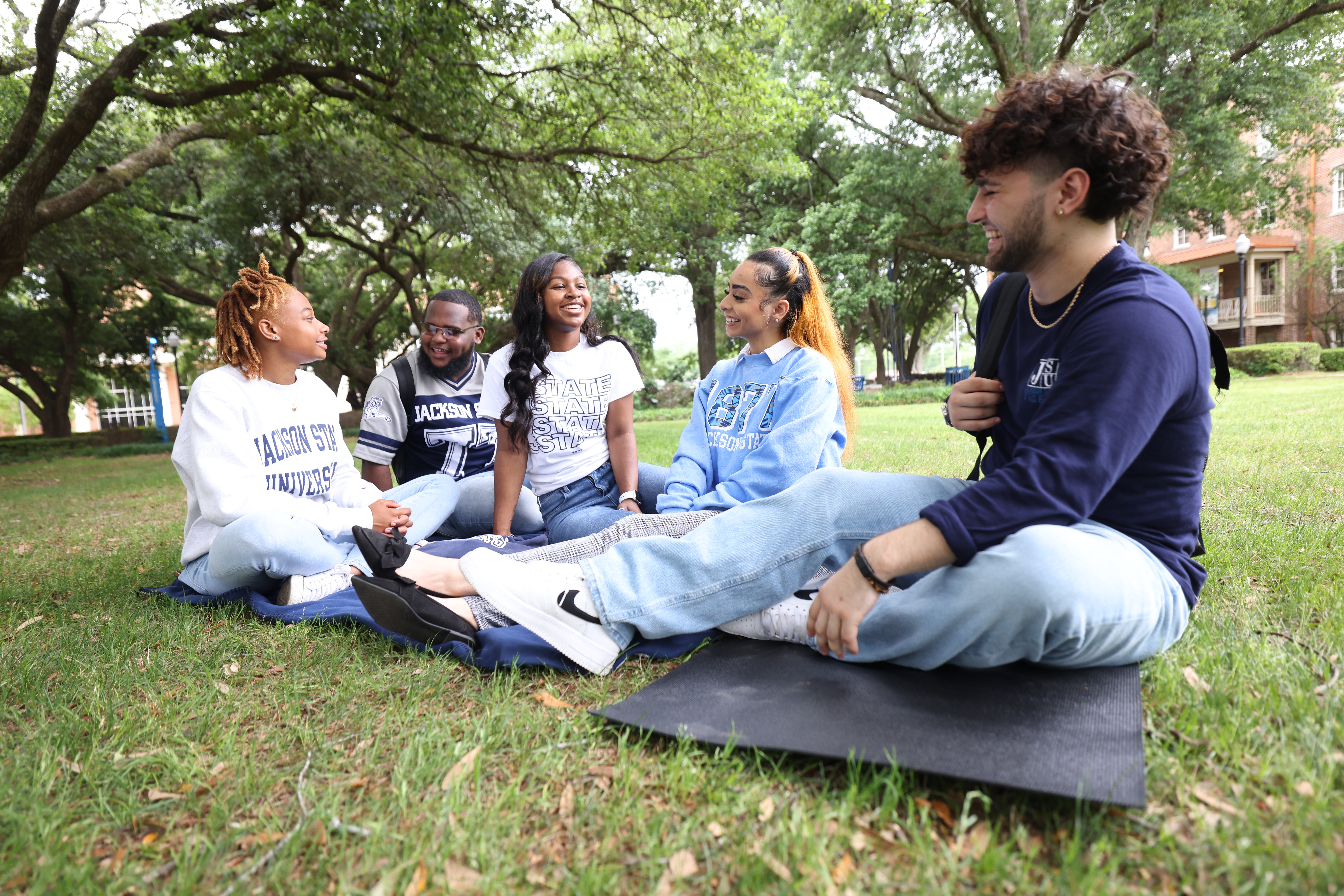
‘The alumni support in this city is huge for not just UNCF schools, but HBCU schools.’
By Leah Clark
Since the late 2010s, historically Black colleges and universities have experienced a rise in enrollment, and a pipeline of Chicago students is a big part of it.
Data from some of the top HBCUs in the nation show that since 2019, Illinois has consistently ranked among the top 10 home states for their student population, according to data from HBCU admissions offices. For Chicago native and incoming college freshman Allyse Walker, choosing to attend Xavier University of Louisiana was easy after witnessing her older sister’s experience at a predominantly white institution.
“There was a very small percentage of Black people at her school,” Walker said. “One of the main things was whenever we moved her in on moving-in day, [white students] would always be staring at us because we were one of the only Black people on campus.”
In 2018, eight HBCUs were added to the Common Application, an online tool to help students apply to multiple institutions in one setting. Immediately following their addition, data from the Common Application showed applications for HBCUs increased by 29%.
Following the pandemic, protests against police brutality, along with recent attacks on diversity, equity and inclusion, some HBCUs continue to see their enrollment numbers rise.
A factor in Chicago students choosing HBCUs is alumni association efforts, according to Lisa Rollins, regional director of United Negro College Fund Chicago’s Workplace Initiatives.
“One of the largest reasons you have a big population from here is there’s some strong alumni groups here,” Rollins said. “The alumni support in this city is huge for not just UNCF schools, but HBCU schools.”
Chicago has over 10 active HBCU alumni association chapters, and they participate in local college fairs to expose students to the opportunities HBCUs provide.
The Chicago Football Classic adds excitement to those efforts. The annual invitation football game among HBCU teams everySeptember features side events such as a battle of the bands, youth empowerment talks, HBCU vendor markets, college and career fairs.
Rollins said Morehouse College, Jackson State University in Mississippi, Spelman College, Xavier University in New Orleans and Clark Atlanta University have some of the most active chapters in Chicago.
For Walker, the support of the Xavier University Alumni Association of Chicago helped solidify her decision to attend, after she connected with current students and alumni at a rooftop day party.
“I’ve made insane connections just from that one event that I went to,” Walker said. ”I saw multiple people in very high-paying positions and saw how much they loved Xavier, how much they talked about it, how much they adored the school.” She was sold.
While HBCU alumni associations support local students with networking opportunities, they also support them financially. Many alumni groups raise money for scholarships year-round, including UNCF scholarships. Those efforts led to UNCF awarding almost $2.3 million in scholarships to Chicago students during its 2022-23 application season, UNCF-Chicago report shows.
Even more funds are likely to be available as UNCF prepares to launch a new scholarship backed by the Illinois State Lottery. A new “Play With Purpose” lottery ticket allows buyers to support one of 10 causes, including the UNCF; it has already raised $670,000 for scholarships this year. Illinois State Sen. Mattie Hunter, a Chicago Democrat and alumna of Jackson State University, pushed the legislation that created the lottery ticket.
“I’m always racking my brain as a legislator to try to find out what it is that I can do to help the HBCUs,” Hunter said.
Hunter has also sponsored campus visits for Chicago students. In October, her office partnered with the Jackson State University Chicago Alumni Chapter to send 40 local students for a visit to her alma mater.
For some, it was their first time leaving Chicago. ”So these kids, they’re like little babies with their eyes wide open, and this is a new thing for them,” Hunter said. “And I was just so happy that we’d had the opportunity to work with these young people.”

Be the first to comment